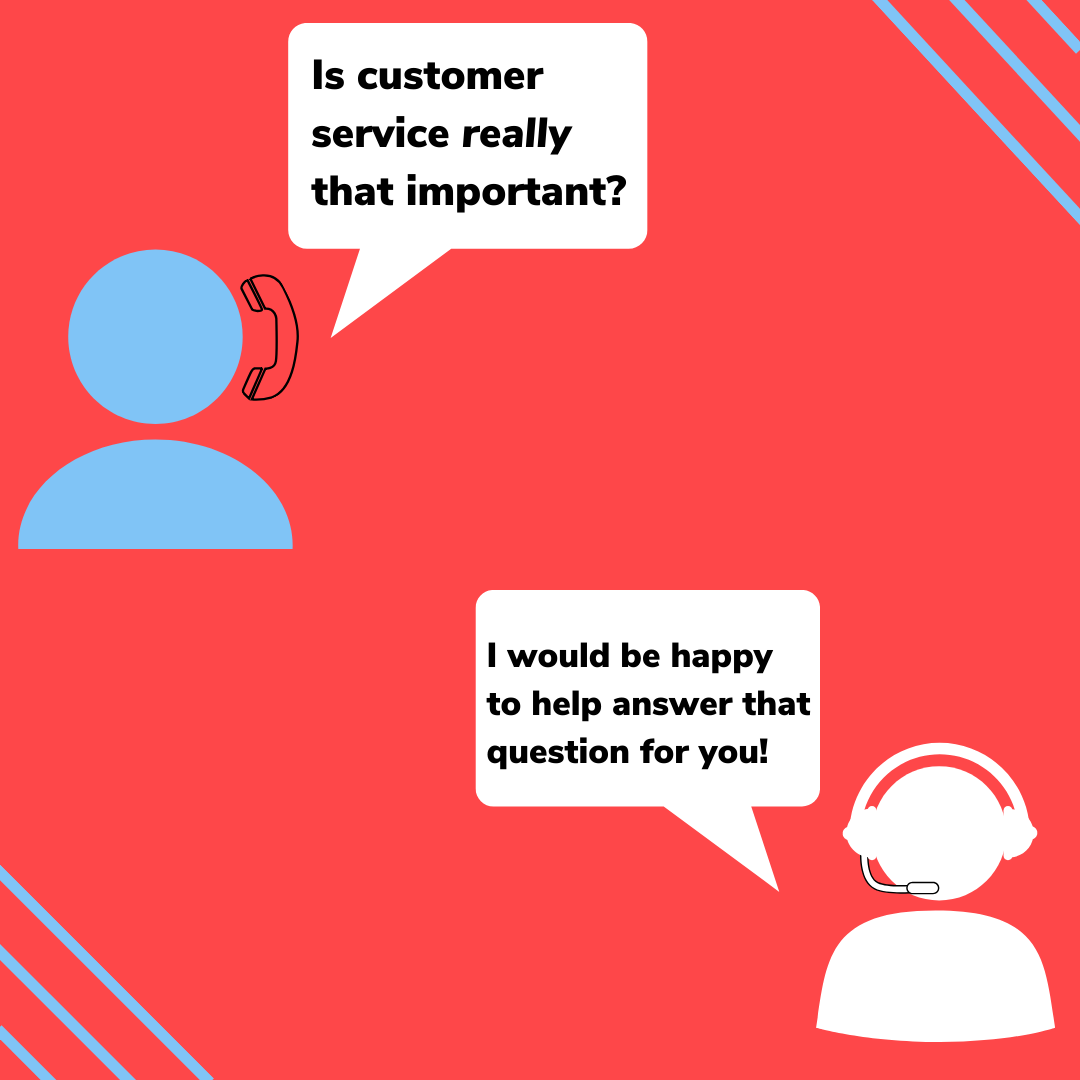THE IMPORTANCE OF CUSTOMER SERVICE
Have you ever purchased goods or services from a business? Have you ever worked for a business or company that provides goods or services to consumers? If you answered yes to either of those questions, congratulations! You’re already pretty familiar with customer service, whether your experiences were good, bad, or ugly. Knowing the ins and outs of business-customer relationships is our livelihood here at CRMD, and it’s our mission to help those relationships thrive.

What’s the deal with customer service?
Customer service is the assistance provided by a company to the people who buy or use its products and/or services. Customer service directly correlates with customer satisfaction. In the sphere of running a business, customer service often takes a back seat to the daily demands of the operation. While it’s easy to prioritize things like accounting, networking, and delegating tasks over customer service, it is just as important to acknowledge that without the customer, none of those other aspects of your business would matter. Without the customer, you wouldn’t have a successful business. Exceptional customer service is what keeps the business of existing customers and piques the interest of potential customers. Developing and maintaining relationships with your customers should be a top priority among employees.
Why is customer service so important now?
We’ve got the answer to that question! We are currently in the midst of what is being called the “4th Industrial Revolution.” This promises to bring positive changes to the way we live, work, and relate to one another through the advancements being made in technology and cyber systems. These advancements are bringing changes to the business, government, and household spheres, all of which will eventually lead to a societal transformation similar to the previous industrial revolutions.
It’s no surprise that more and more people are taking advantage of the convenience that online platforms provide. Whether it be online shopping, bill paying, or consulting, all of these can now be done from the comfort of a home without even talking to a representative on the phone, in most cases. As these services becoming increasingly accessible to consumers, it is important to keep up with the changing technology and be there for your customers.
The saying “The customer is always right” might make you roll your eyes at first, but it’s not just an empty adage. Think about it: what do customers do? They purchase products or services, interact with employees, tell friends about their experience, and provide feedback. The success of any business lies in the hands of the people that support them. In order to keep up with the advancements within this revolution, it is our job as business owners, employees, and consultants to make sure we improve and maintain our customer service standards and protocol.
Where does Salesforce belong in this conversation?
Since Salesforce is a customer relationship management (CRM) platform with the main purpose of improving business relationships, it can exist as the overarching topic of this conversation. Salesforce gives users the ability to create individual profiles of customers that can be accessed by all departments, such as marketing, sales, finance, etc. This effectively puts the customer in the middle of everything. Marketing is a great example of how to perfect the customer service experience.
Salesforce products like Marketing Cloud and Service Cloud, for example, can provide you with invaluable tools that can help distinguish your company from the rest of the competition. Marketing Cloud features marketing solutions like Journey Builder, Social Studio, Datorama, and Interaction Studio. Each solution provides a different insight into each individual customer’s journey within the departments of your company. They also give you the best opportunities to engage with current and potential customers across social media channels in real-time. Service Cloud provides the engine that powers how productively agents handle actual tickets and customer conversations. Through Service Cloud, service processes, workflows and searches for relevant resources can become streamlined and automated. Other features like Service for Apps provides in-app mobile support, including live agent video chat, screen sharing, and on-screen guided assistance. Service Cloud provides even more ways to communicate with customers, with integrated social “listening” features and with easy integration with Salesforce’s Community Cloud. These are just some of the many ways a clear strategy for customer service and effective use of what technology and tools to leverage can help you maximize time and efficiency while achieving customer satisfaction.



